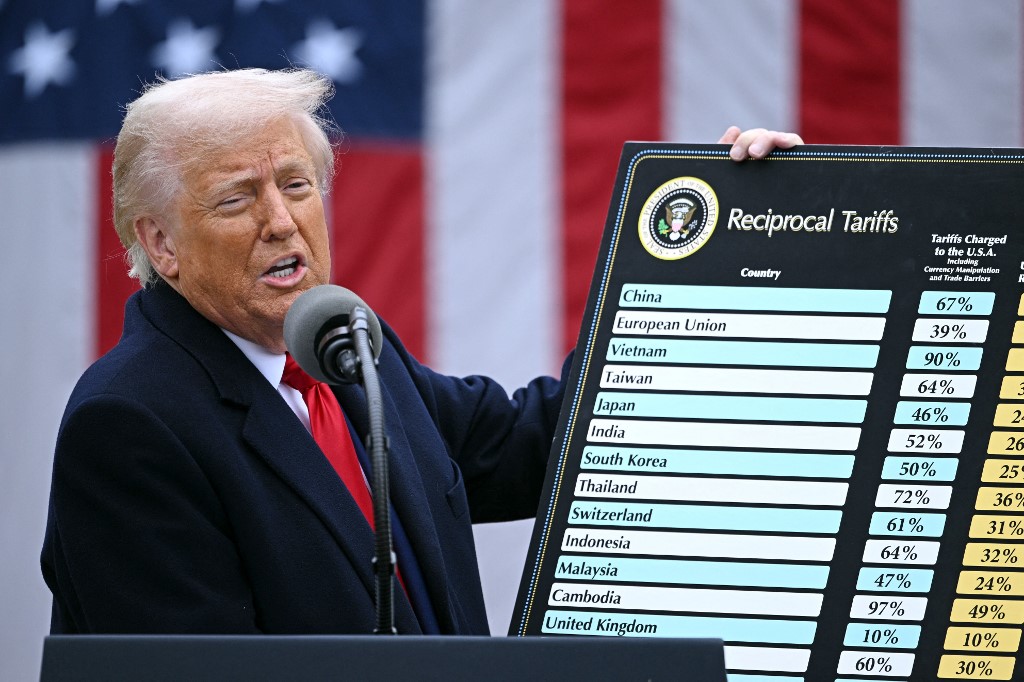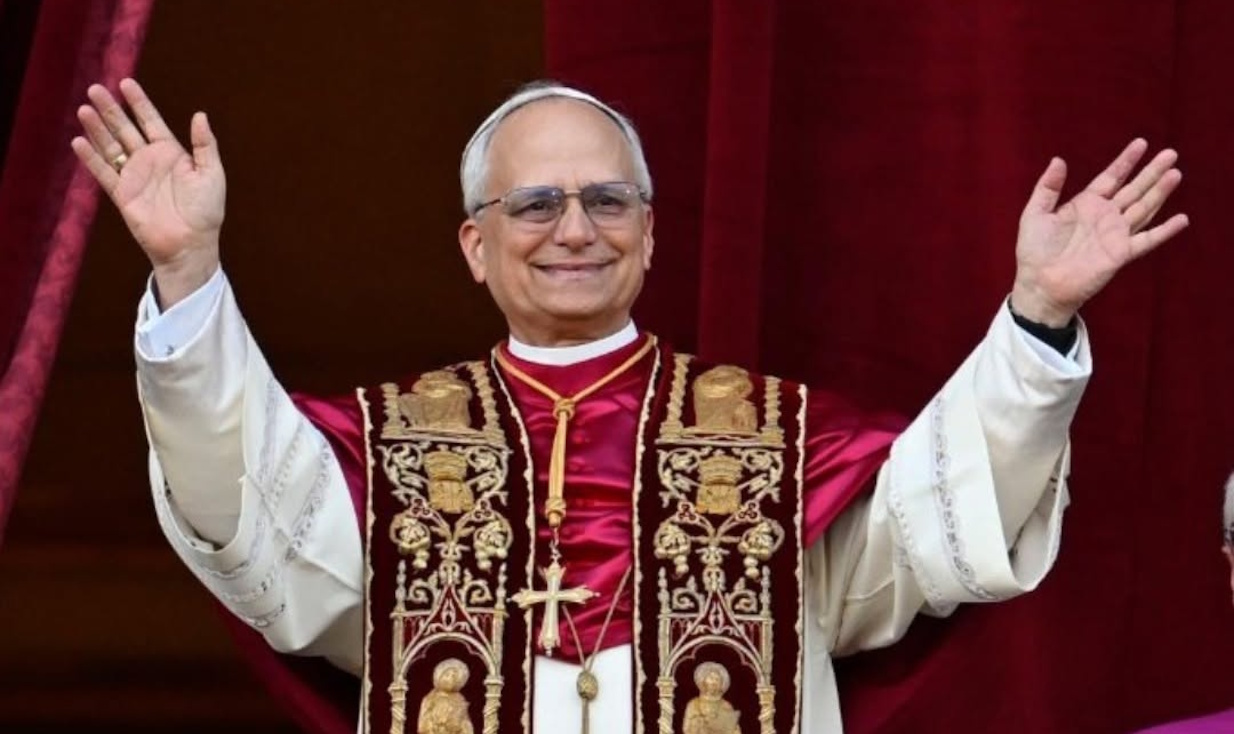Bank robbery!
Viktor Orbán’s country protection plan blew fuses in Austria. So much so that it triggered something that does not happen too often: this time politicians responded before acidic press reports were released. Austria’s foreign affairs minister stated last week that the Hungarian government’s proposed measures were threatening the very existence of Austrian banks. The finance minister also spoke up, saying the final loan payment option would cause huge and immediate losses and entail such a damage to the security of law that has been unprecedented in the European Union. The prime minister also joined the chorus, stating Austria would look into the matter to see if the Hungarian government’s plan is legal. József Barát asked the renowned analyst, Hungarian-born Austrian Paul Lendvai, about developments since.
JB: The country protection plan of the Hungarian prime minister has received very swift and intense criticism in Austria. Have tensions settled after the tempest of the first few days?
PL: No. The issue of the rescue package has occupied headlines all week, even though domestic sensations also abounded. Kleine Zeitung, third-largest newspaper in Austria, published its lead story on Wednesday under the headline: Why doesn’t anyone stop the Putin of the Puszta? The author says the Hungarian prime minister has launched himself against the whole of Europe. The article calls Orbán a bank robber who is drifting away from the “legal state”, risking leaving an ailing Hungarian without investors soon. Owned by the Church, the conservative newspaper puts up the question at the end of the article: “Why are the European Commission and the European Parliament are keeping quiet and embarrassed while a nationalist administration has been steering Hungary farther and farther away from European values?” And the journalist at weekly Format gave the article the title Bank robbery in which he argues that if a man robs a bank with a gun, he faces prison. But what should befall the Hungarian prime minister who is doing the same using the power of the law?
JB: Has anyone in the Christian-Democratic platform spoken up in defence of the Orbán administration?
PL: No. The Orbán administration is being described in a tone that has been unprecedented since 1957-1961. So far the Greens and the Leftist have been fairly the only ones to criticise Orbán, but now the tone of voice has changed in the Right as well. For instance, Kleine Zeitung thought the time has come to list every objectionable step of the Orbán government from nationalisation of pension funds to curbing the Constitutional Court’s competence scope and to suspension of Gyurcsány’s parliamentary immunity.
JB: So there is a unanimous critical tone in the left and right side of the political spectrum, in the media and the economy?
PL: Absolutely unanimous. But Orbán has been traditionally regarded a positive figure by the Austrian Right since 2000 when the European Union launched an objectionable campaign against Austria when Jörg Haider’s Freedom Party had made it to the government coalition, but Orbán refused to jump on the bandwagon and even invited Chancellor Schüssel to Hungary. It took heavy demolition activity on the part of the Hungarian prime minister to lose the sympathy of the Austrian right, but this is what’s happened now.
JB: Is it fitting to say Austrians are taking what’s happening to their banks personally?
PL: Of course. Their money, little or much, are invested in those banks. For instance, I was told by a decisive figure in the Austrian industrial and financial circles whose identity I’m not at liberty to reveal, that “it is unacceptable that Orbán has been pulling so much money out of our pockets after all that Austria has done for Hungary in recent decades”. One should add that Hungary has had a very good reputation in Austria for generations, and Vienna even went to economic sacrifices when Hungary was in doldrums, for example in 1981 and then in 1989.
Everyone here in Austria feels as if, via the banks, every citizen of the country has been dealt a big slap to the face out of the blue. Granted, those financial institutions did not enter the Hungarian market to do charity there but for profits. And profits they got. But their investments have been beneficial for the Hungarian economy, promoting its progress. In a market economy it is impossible to say what Orbán said, namely “the financial sector will not be undermined if banks operating in Hungary have to bear huge losses again, because OTP is backed by the Hungarian government and foreign-owned banks are supported by their parents”. What supports Austrian banks is the money of its depositors, saved up by generation of taxpayers. Austrians have not been setting aside their savings month after month to have Orbán Viktor take them away at the stroke of a pen.
JB: Why do you think the wave of uproar has been that fast and intense precisely in Austria?
PL: Because of what Noble Prize Laureate economist Paul Krugman wrote in The New York Times in 2010 when it had become clear how deep the crisis was in Central and Eastern Europe. He said Austria had become a particularly endangered country, because Vienna had invested very heavily in Eastern Europe. Austria is the third largest investor in Hungary. Considering the population and GDP of the country, it’s a huge risk. Of course, Austrian companies have not invested their money here out of love, but they have been law abiding corporate citizens all along, and there are rules in a state of law that nobody can cross. This is why Kronen Zeitung, the biggest Austrian daily, said about Orbán—who in the paper is now called ‘Robin Hood of the Puszta’—that basic European values have been injured by this man, who shoots first and talks later. And the conclusion: At the most recent election poor Hungary threw herself into the arms of a self-proclaimed Messiah. And Hungarians will pay dearly, because economic partners will give their country a wide berth.
JB: What reactions do you expect from Brussels?
PL: I consider one of the criticisms penned in Kleine Zeitung very important, which said Europe should stop Orbán. I think we are on the brink of an important change. So far, the Christian-Democratic majority has always rejected initiatives launched by the Greens, the Socialists, and the Liberals to make European institutions condemn the Hungarian government for the Media Act or the way the Constitution has been rewritten, among others. Sooner or later conservative politicians simply cannot act as if they were not aware of the criticisms worded in their own newspapers. The time has to come when the political support of the People’s Party the Orbán government has been relying on will diminish. And its impact will linger even if the government hires an expensive PR company in London. And even if they try to threaten or buy Western journalists. You cannot get off that cheap, because it’s no longer about money, but the state of law and principles.
JB: Do you expect permanent changes?
PL: I’m afraid this country protection plan and the ridiculous and shameful procedure against Gyurcsány will lead to Hungary being regarded by Europeans on the same page as Ukraine and Belarus. In the near future it may happen when people key in “Hungary” in Google Search, the results will not tell about Budapest’s positive role in 1956, or being a pioneer in the German reunification, or how important Hungarian Nobel Prize winners were in science, or the greatest Hungarian musicians. The results that pop up will tell about violations to the legal state, about the media rules, and also about an author who can be stripped of his awards and decorations retroactively for wording criticism poorly, or even foolishly. Those surfing the Internet could then easily draw the conclusion that Hungary is marching backwards. Into the 20th century. To the early decades of the century, at that.





